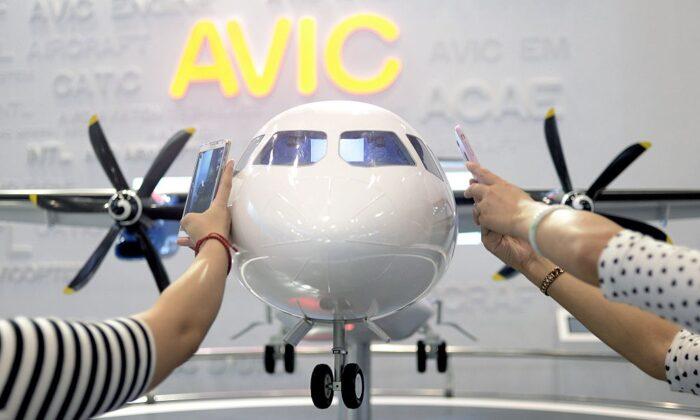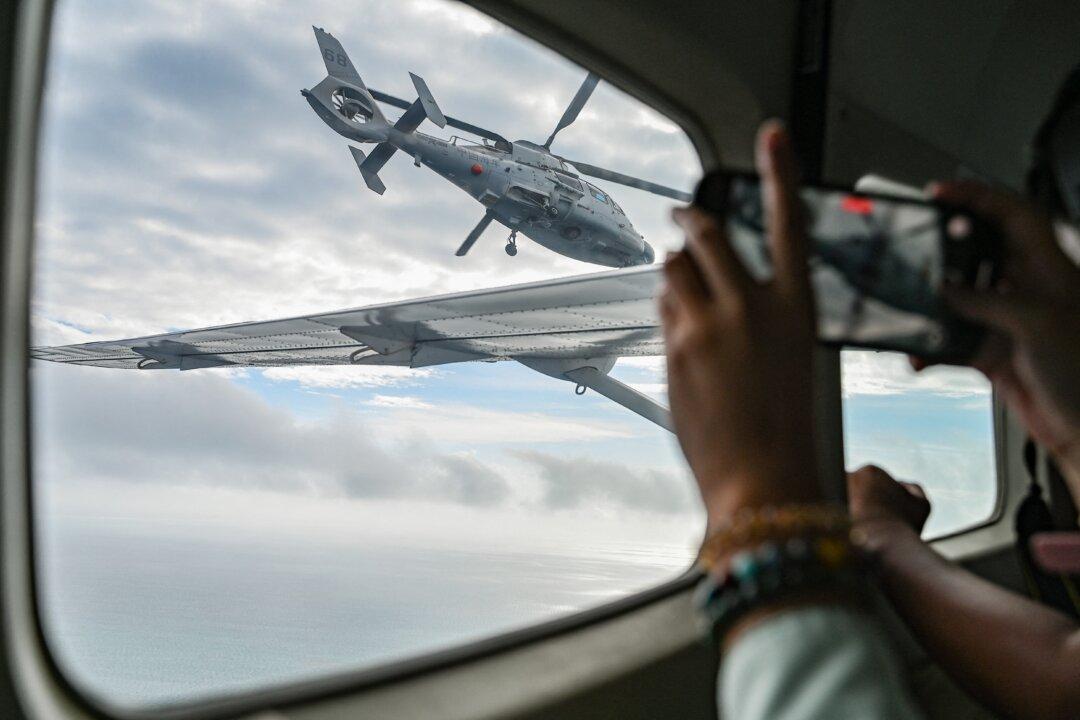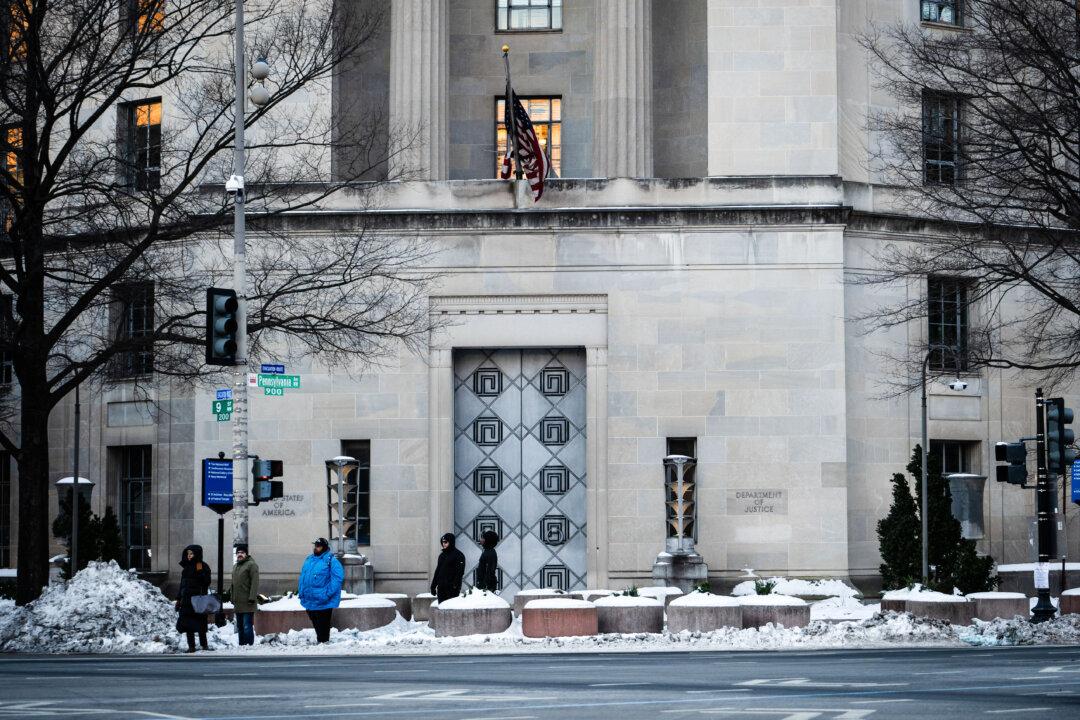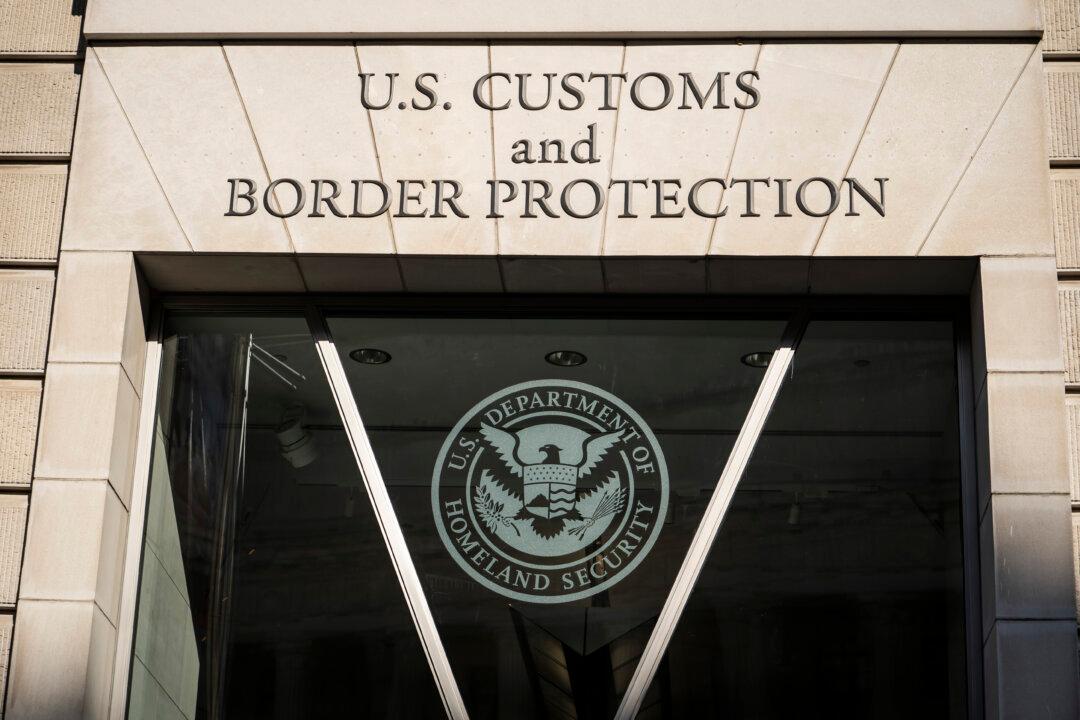The United States has named 103 Chinese and Russian companies and entities to a new trade blacklist, banning them from acquiring U.S. technology.
“The Department recognizes the importance of leveraging its partnerships with U.S. and global companies to combat efforts by China and Russia to divert U.S. technology for their destabilizing military programs, including by highlighting red flag indicators such as those related to communist Chinese military companies identified by the Department of Defense,” Commerce Secretary Wilbur Ross said in a statement on Dec. 21.
Many of the blacklisted Chinese companies are in the aviation and aerospace sector, such as Henan Aerospace Precision Machining Co.
Seven subordinate institutes of China’s state-owned defense company Aviation Industry Corp. of China (AVIC) and eight subordinate institutes of state-owned aerospace manufacturer Aero-Engine Co. of China (AECC) were also blacklisted.
The MEU list is a part of a growing effort by the Trump administration to address threats posed by the Chinese Communist Party (CCP) through its state policy of “military-civil fusion.” A Chinese government agency, named the Central Commission for the Development of Military-Civil Fusion, was established in 2017 to oversee collaborations between the military and private sector to advance technology innovations.
The Commerce Department stated that more firms could be added to the MEU list in the future, and restrictions against the 103 entities will take effect on Dec. 22 after the list is published in the U.S. Federal Register.
Additionally, the Commerce Department warned that U.S. companies should conduct “additional due diligence”; just because a company is not currently on the list, “does not imply that…[they] are exempt from regulatory prohibitions.”
For example, Chinese military-linked companies named by the Pentagon but not on the MEU list could be subject to restrictions, the department said.
On Tuesday, China’s foreign ministry spokesperson Wang Wenbin, responded to the MEU list during a daily briefing, stating that the United States should “immediately stop making mistakes.” Wang also said that China will react by taking “necessary measures.”
Hawkish state-run media Global Times stated that the MEU list was “meaningless” in an article published on Tuesday, while quoting a chief editor of a Chinese aerospace magazine.
The GFS is currently facing allegations that it worked with mainland Chinese authorities to aid in their arrest of 12 Hongkongers by Chinese coast guards in August, according to Hong Kong media. The 12 were arrested on a boat, allegedly trying to escape to Taiwan and claim political asylum.
Pompeo added: “Communist China today is turning Hong Kong into the East Berlin of yesteryear, actively preventing its own people from seeking freedom elsewhere.”





